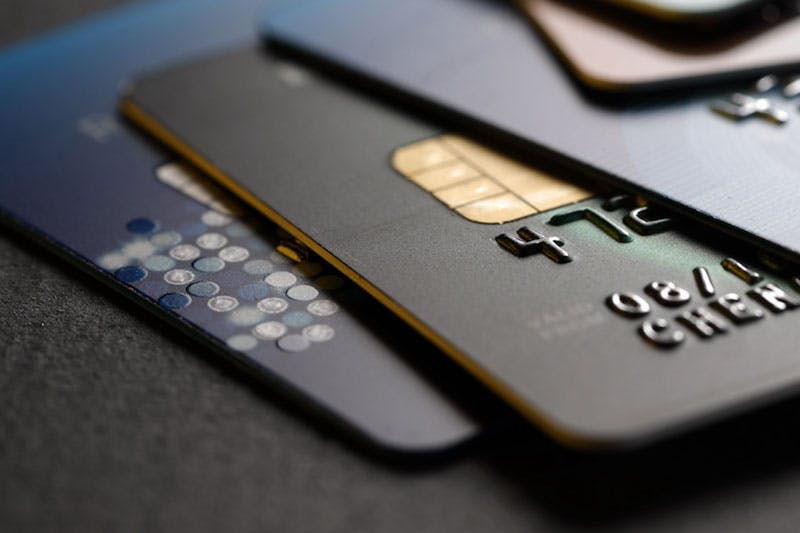Building Credit for a Better Life
3 min read
Posted on September 29, 2021

If you’ve been living on your own for a few years, you probably know how important it is to maintain at least a 650 credit score. When you have a decent credit score, many things in life get easier: you may qualify for auto loans, you look responsible on rental applications, and you can even think about buying a house.
On the flip side, when your credit score gets low, applying for the things you want in life may become harder. There’s more explaining to do and you may have to settle for loan terms that aren’t ideal. Credit scores typically range from 300 to 850, with 850 being the best, according to Experian, one of the leading credit bureaus.
Let’s look at what impacts your credit history.
No Credit History
We understand. You’re so responsible that you never took on any debt. You paid out-of-pocket for everything, and you never signed up for a single rewards credit card. While this is certainly an admirable feat, it may not be the best move in today’s financial world.
If you literally have no credit history for the credit bureaus to rate you, then you won’t have a credit score, according to U.S. News & World Report. This will become problematic if you ever want to buy a house, new car or start a business.
How to Build Credit
If you need to establish a credit history, there are some simple ways to do it. You could ask a family member to add you as an authorized user to one of their credit cards. Then, every time a purchase is made on that card, it will count toward your credit. You don’t have to charge anything for it to count. Just make sure the person whose card you’re using pays their bills on time.
You could also open a secured credit card, in which you place a deposit – let’s say $500 – and purchase items up to your deposit amount. If you make payments on time, you may eventually be able to convert the secured card into a regular credit card and it would help build credit. Another way to build credit is to have certain bills reported to the credit bureaus. Some of the credit bureaus, like Experian, have programs where you can report your utility or streaming service to them. And, as long as you pay these bills on time, the payments will help build your credit history.
Personal Loans with Good or Fair Credit
Your credit score for personal loan applications could help determine your interest rate. If you have a high score, you may be able to qualify for a good rate.
When you’re working through credit issues, however, your reasons to get a personal loan and options may vary and be more limited. Getting a personal loan may help you build your credit history if you make on time payments every month.
Your Available Credit and Credit Used
Your available credit and credit utilization ratio are tremendously important for maintaining a high credit score. This means that having open credit cards with high limits may improve your credit score, especially if you just make small purchases and pay the balance each month.
But if you have maxed-out credit cards, your credit utilization ratio will not be good. Credit utilization makes up 30% of your credit score and many financial experts advise that people keep their credit utilization ratio under 30%, according to Experian. That means that if you have one credit card with a $1,000 limit, you should keep the balance below $300.
According to Equifax, the average credit utilization ratio has been at a historic low in recent years. As of June 2020, the average consumer had a 19.2% credit utilization ratio.
-- Equifax
Personal Loans to Build Good Credit
You can use a personal loan for many reasons, such as a home improvement project or for a large purchase like a home theater or new appliance.
Consolidating your old debt is another way to use a personal loan. And, by paying off all your credit cards and loans at once, you can improve your credit utilization ratio. As mentioned above, credit utilization has a huge influence on your credit score.
If you are interested in learning more about personal loans through Splash Financial, click the link below to explore your options.
Disclaimer
The information provided in this blog post is not intended to provide legal, financial or tax advice. We recommend consulting with a financial adviser before making a major financial decision.